Cloud & Data Experts
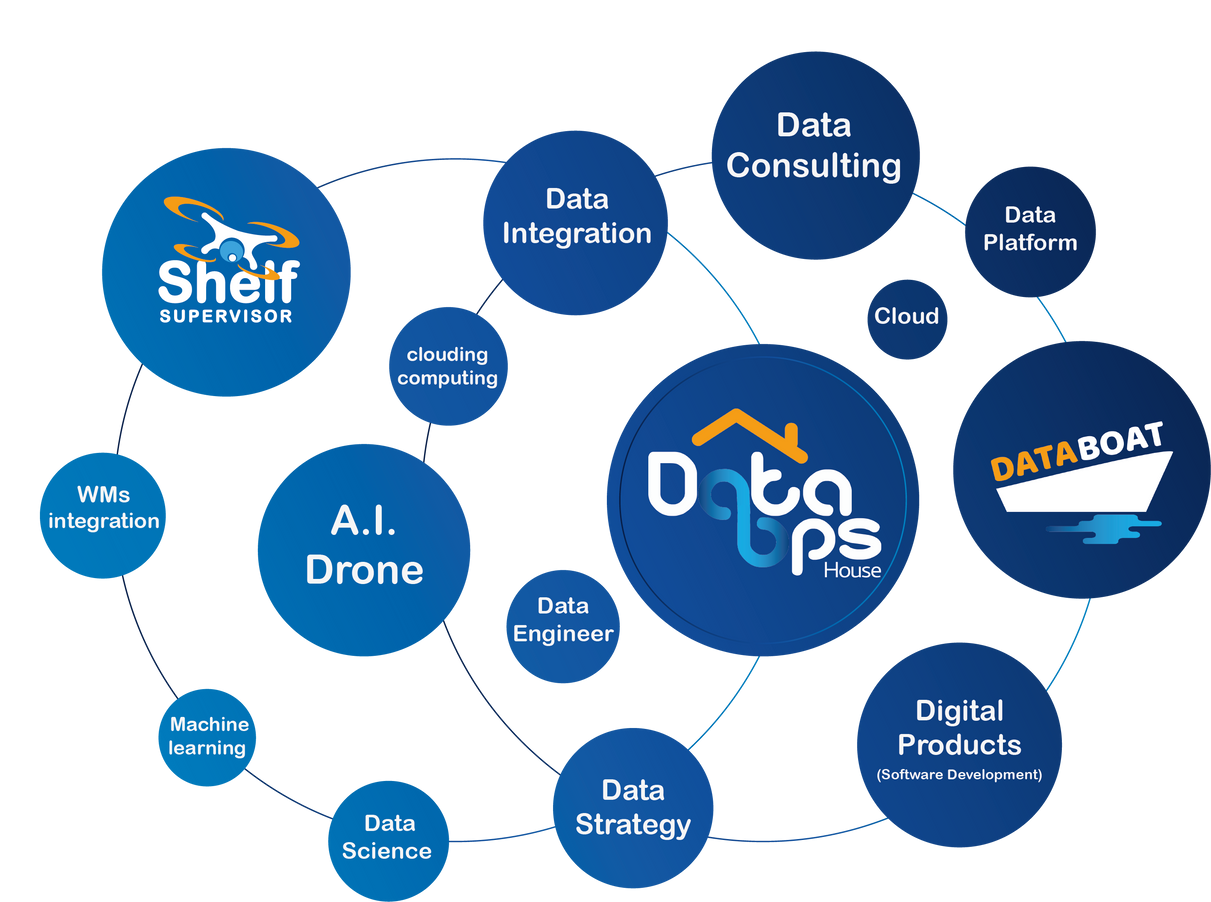
Your Data-Driven Journey: From Strategy to Value
Our Clients




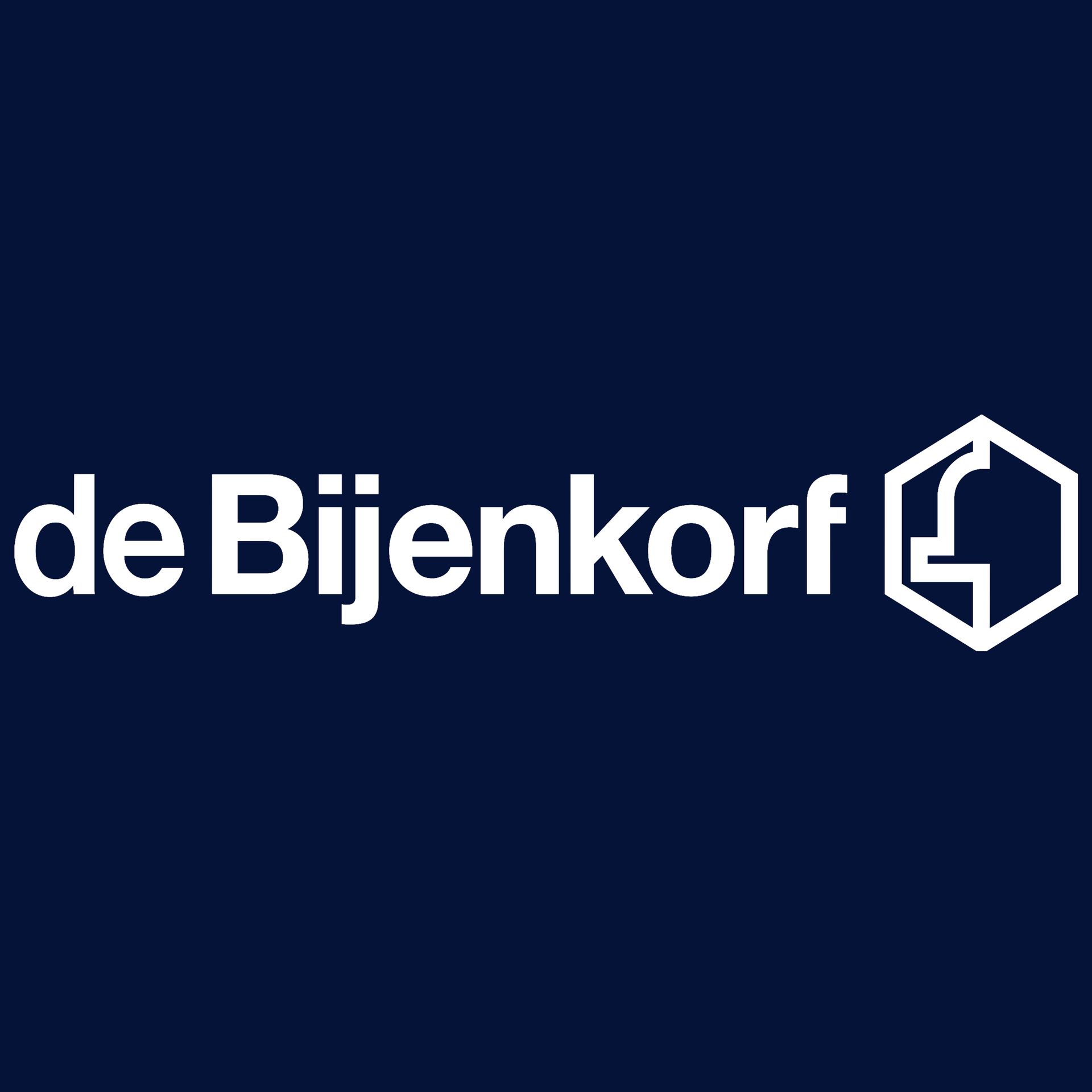




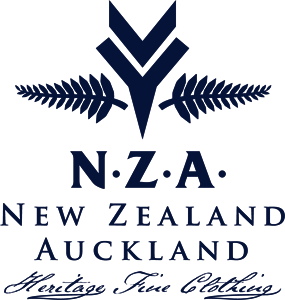
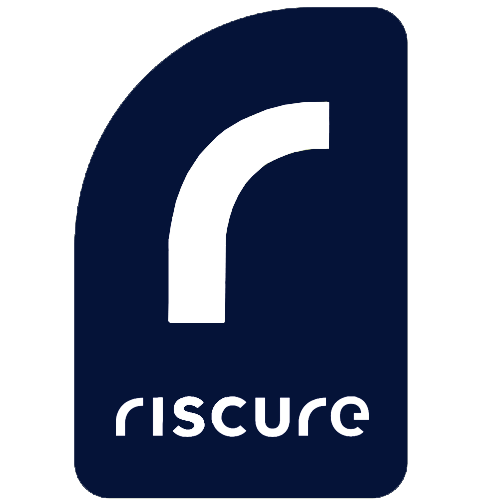


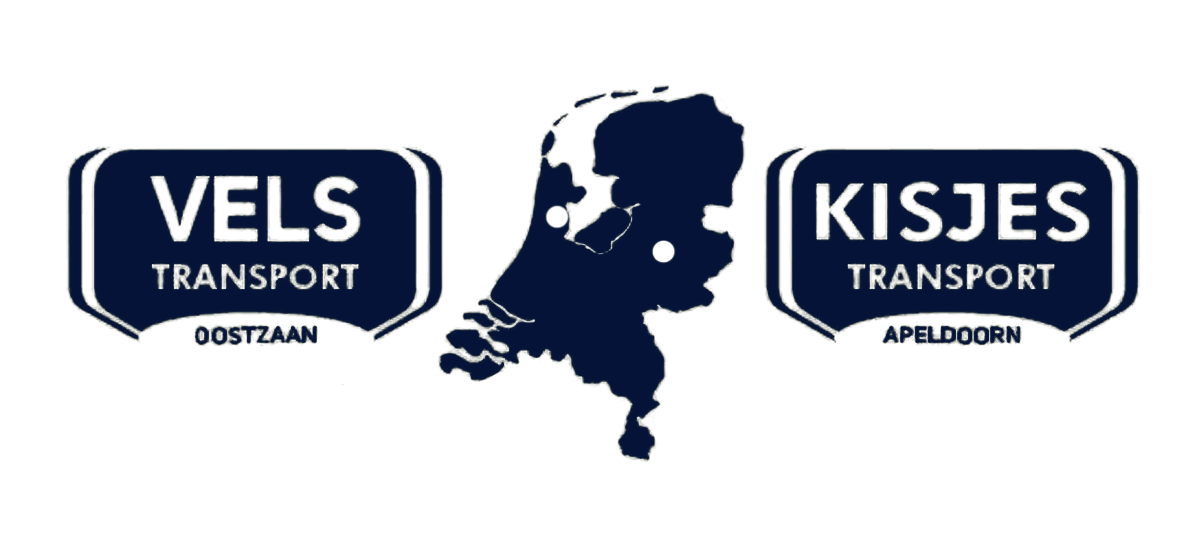
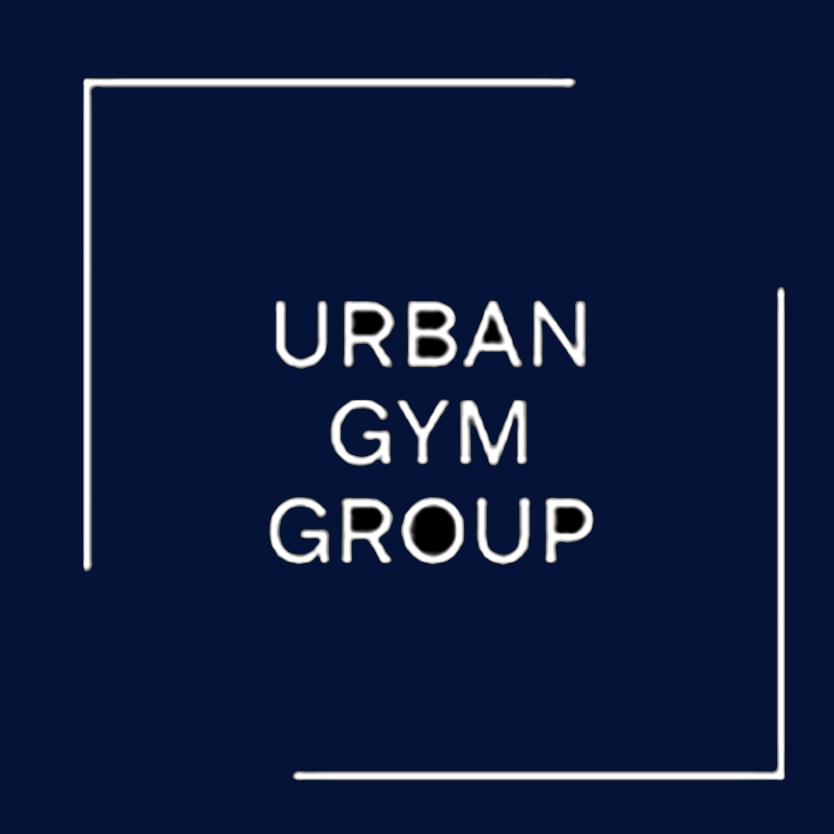
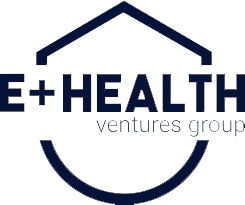
Partnership


Who we are
DataOps House is a data boutique consultancy that empowers companies to make better decisions. With our data products we democratize data in an efficient, holistic and sustainable manner.
Let's really execute your data strategy!

Blog
Loading data...
